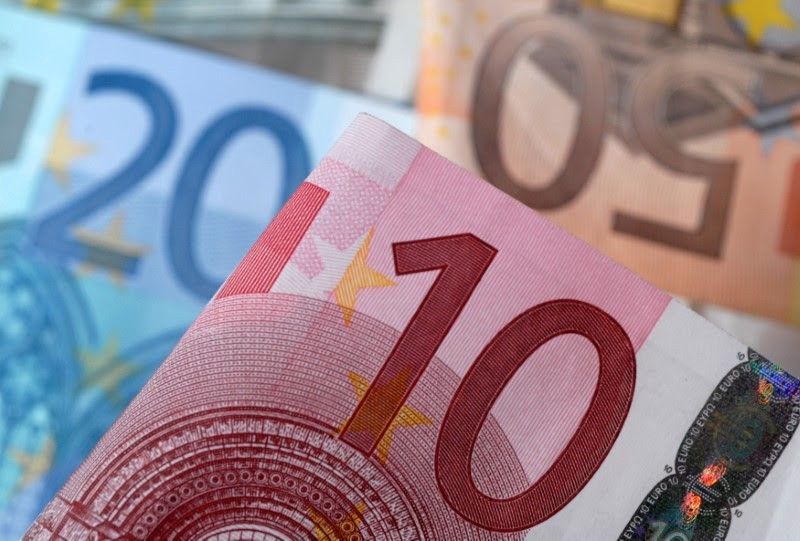Half of all jobs created in Europe between 2010 and 2016 came from temporary work contracts. If the so-called gig economy is here to stay, citizens will need a new kind of social safety net.
Problem: Some without jobs won’t accept part-time work because they must surrender state benefits to accept small salaries without pensions or health insurance. Instead, they have a clear incentive to remain unemployed.
A Solution?: What if the state provided this person with a small guaranteed income, a check that keeps coming even if he/she takes a job? This person can then afford to take part-time work, contribute to society, generate growth, pay taxes, and provide more for themselves and their families. In theory, government spending is offset by cuts to staff who are no longer needed to track benefits eligibility under the more complicated current welfare system.
The bad news: In January 2017, Finland launched a two-year experiment that sends monthly tax-free payments of €560 (about $685) to 2,000 unemployed citizens chosen at random. Full results won’t be announced until late next year, but the Finnish government has already decided not to extend the program beyond 2018. A study published earlier this year by the Organization for Economic Cooperation and Development found that Finland would have to raise income taxes by 30 percent to fund this program permanently and that the plan would increase wealth inequality.
The bottom line: That’s bad news for this project, but the gig economy-social safety net problem remains, and other governments can learn from this failure to develop better ideas.
